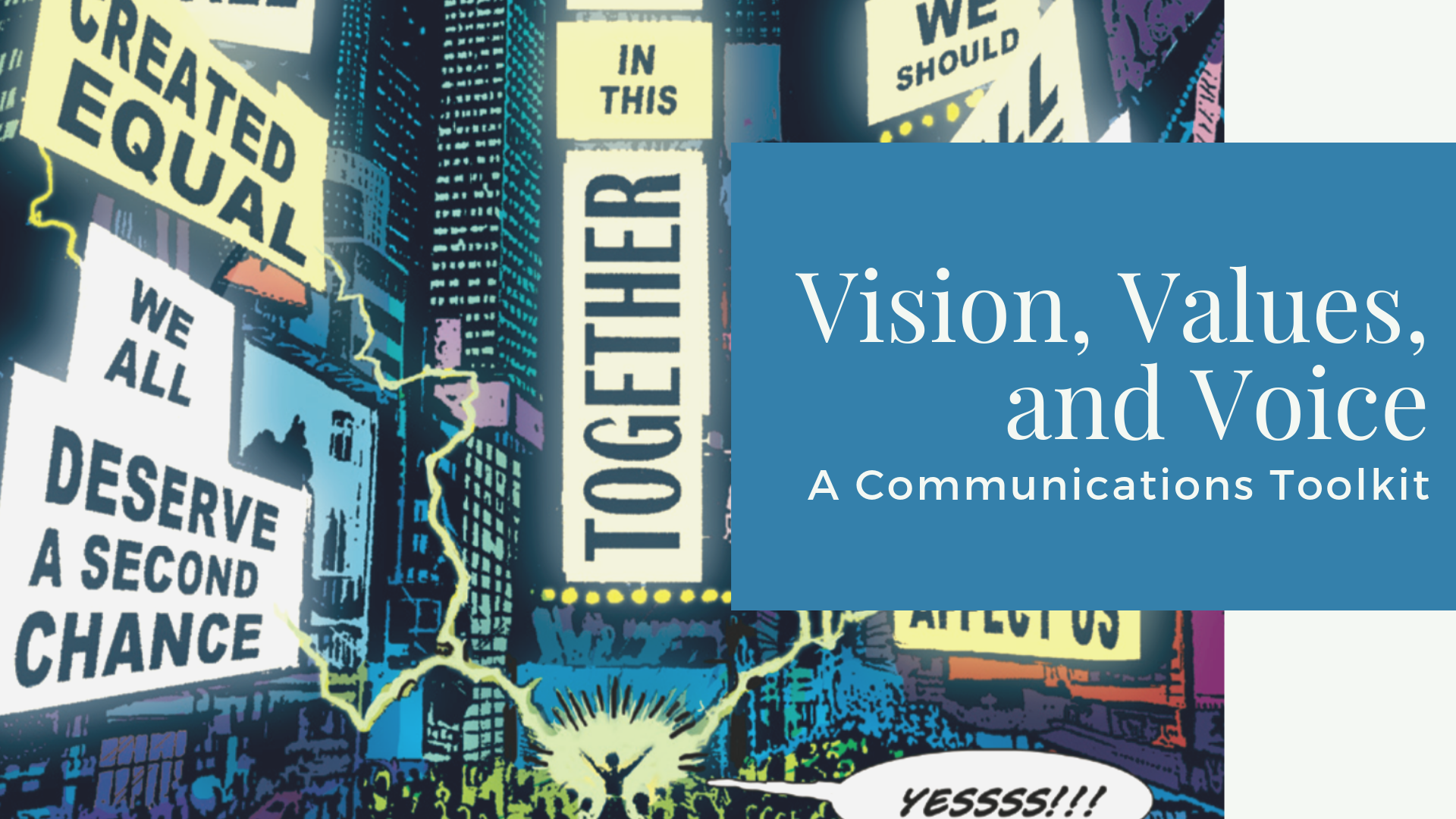
Working to tackle loneliness
Why This Matters for Houston
For Community Leaders: Data-driven insights to design programs that address social isolation in vulnerable populations
For Policy Makers: Evidence that connectedness is a stronger predictor of well-being than traditional demographic factors
For Nonprofits: A call to collaborate across sectors rather than working in isolation
For Faith Leaders: Recognition of your role as trusted voices at the center of belonging experiences
For Houston's Future: A roadmap to become a city known not just for diversity, but for genuine connection
Attitudes towards political violence in the United States
What They Found
Democrats think 47 percent of Republicans support violence against Democrats. But only 13 percent really do. Even more striking: only 3.5% of Democrats and 2.4% of Republicans support throwing rocks at opposing protestors, yet 40% from both parties think the other side would support this - a ten-fold exaggeration. Social media makes this worse by amplifying extreme voices. Meanwhile, 85% of Republicans and 89% of Democrats believe in unconditional free speech, but each side thinks only about half the other party believes this. This creates dangerous cycles where people respond to imaginary threats.
Living Learning Libraries
Living Learning Libraries curates high-quality “living books” and lends them to families and educators. The project began in 2016 and operates multiple pickup locations in Palm Beach County, with an emphasis on practical borrowing, volunteer power, and sharing know-how for starting similar libraries.
Study Targeted Universalism
Overview
This short listen introduces the idea of Targeted Universalism. It explains how a shared goal can guide a community while different groups may need different steps to reach it. You’ll hear simple examples and ways to start practicing the idea in everyday work.






